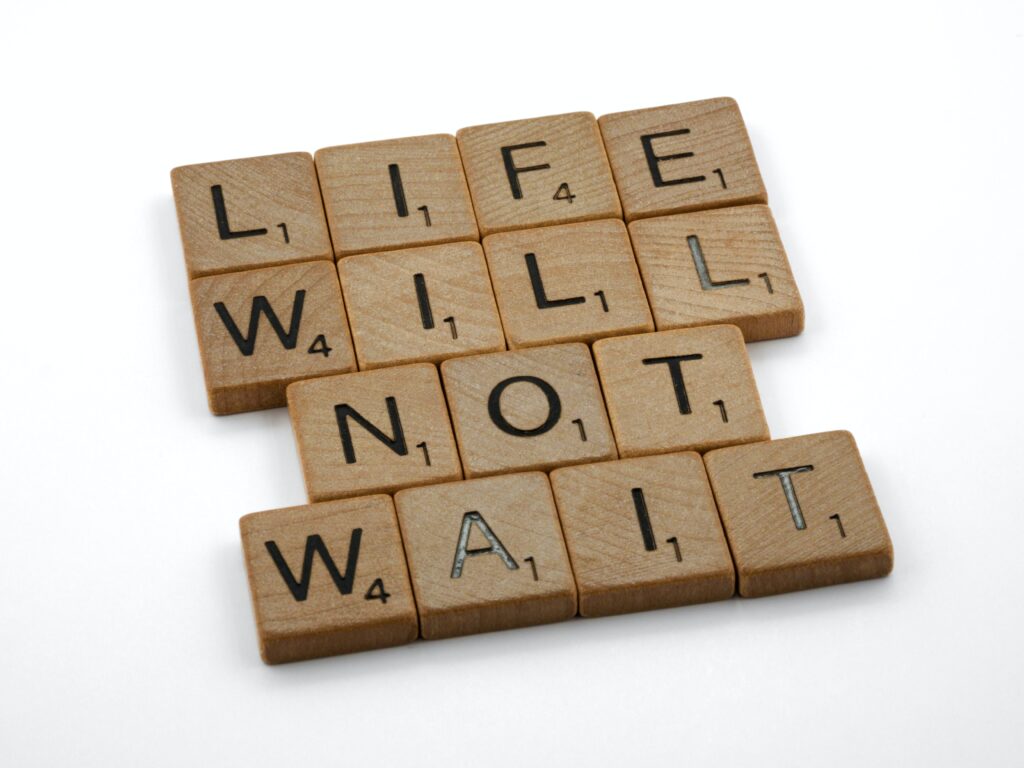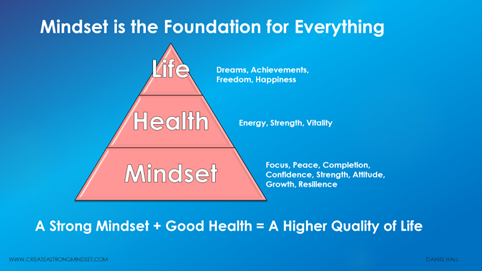Six Tips to Improve Decision-Making
I overthought everything. What to eat. What to write. What to work on first.
Overthinking meant I wasn’t productive. It used to take me weeks to write one article.
I would start to write a draft, and an idea would pop up in my head making me take a whole new direction. Sometimes I would want to rewrite entire sections, and all of this is before I even got to the final editing.
It was taking me several weeks to publish an article.
I was conflicted by a million tiny decisions. Which word should I choose? Is this outline good enough? How should I say this?
Research has shown that the more decisions you make in a day, the quicker you can get decision fatigue.
What is decision fatigue?
Wikipedia says, decision fatigue refers to the deteriorating quality of decisions made by an individual after a long session of decision making.
Basically, the more decisions you make throughout the day, the more inefficient you become at making decisions later in the day.
“Overthinking and decision fatigue can lead us into a loop of rumination and mental exhaustion.” – Neuropsychologist Marisa Menchola
If you have decision fatigue, it becomes more difficult to get anything done, and it leads to giving into poorer decisions such as eating a whole bag of chips or putting off the writing you vowed to do after dinner.
I started looking into how I could improve my decision-making process, so I could reduce overthinking and improve my productivity.
6 Tips to Improve Your Decision-Making Process
First, make a decision and stick with it, especially when the choices are clear about which you should choose.
Should I work on my things or watch Netflix? Should I stay in bed or get up? Easy decisions.
When you train yourself to decide quickly to do the correct thing and then act on that decision, you keep yourself from talking yourself into choosing the bad option. If I think long enough about eating a cookie, I can always come up with a justification for doing so.
Deciding quickly also helps to take emotion out of the choice. I feel tired. I don’t feel like doing this now.
Let me repeat: Decide quickly and then act. Don’t give yourself time to rethink your decision.
Only practicing this first tip will improve your life immensely.
When you teach yourself to make the right decisions and act on them, it will save you a lot of trouble. Which brings me to my second point.
Second, build an identity around being a quick decision maker.
We are what we often think.
Instead of saying, I can’t decide, I decided to build an identity around being a quick decision maker. Every day I tell myself, “I make decisions quickly.” The more I practiced, the quicker it became my reality.
Identifying as a quick decision maker will help you get a lot accomplished and improve your self-confidence.
Third, reduce your choices.
If you have a situation that involves a lot of choices, quickly choose three and then give yourself just a minute to choose one.
If you can’t decide where to eat, what are the first three restaurants that pop up in your head? Next, choose one, flip a coin, or ask someone to choose.
It might not have been your first choice if you had thought about it for a long time, but once you get there and start to eat, you will quickly forget about second guessing yourself.
Fourth, assign a value to making quick, good decisions.
Mentally pay yourself $50 dollars for every good decision that you make quickly. Eating cookies is not a good decision. Getting out of bed quickly and writing is a great decision.
When you assign value to good decision making, it becomes more significant for you. It shows you that your decisions are adding up to better things.
You are the CEO of your life, and your business is to improve who you are. Good CEOs make fast decisions that add value to the business.
Fifth, make systems, especially for those that often cause you to overthink.
Here are some systems that I implement to help me reduce decision-making.
- Make to-do lists. Every night, I write a to-do list of things I really want to complete (write an article) and those things I must complete (answer email) the next day. I then prioritize those tasks. The next morning, I know what I need to work on first.
- Create processes for complex tasks. For my writing, there are several things I do. I choose a topic and then ask myself 4 questions to help me think about the purpose of the article: What is the main point for the reader? What made me want to write about this? How can I achieve the main point? What is the kicker or emotional outcome at the end? These questions help me to come up with an outline for my article making it easier to follow and write. For what to write, I keep a list of ideas during the week and add notes such as why I think that the idea is worth sharing. Before Monday, I will take five or six of them, and try to work on three of them during the week. These are just a few of the systems I incorporate, and I am always trying to tweak and improve them.
- Use a timer to stay focused. I use the pomodoro technique to help me stay focused. I set the timer for 25 minutes, and my rule is to only focus on that one task for the full time. This helps to keep me from becoming distracted and thinking about other things.
- Make check lists. If you have many small things to do around one task, create check lists to help you remember everything. Check lists help to free your mind from overthinking.
- Make a schedule and stick to it. You can make strict schedules, or you can do like I do. I create blocks of time. This block is my creative time. This block is my social media work time. This block is my break time.
Sixth, use professionals to help you.
Instead of thinking about what you are going to do at the gym, hire a trainer to make a plan for you. If you do a lot of social media work, hire an assistant to do that for you.
Getting someone to help you will reduce a lot of overthinking and worry.
Summary
Decision fatigue is real. And the more you overthink things, the more fatigued you are going to feel, leading to procrastination.
As I have incorporated all these techniques into my life, I have gotten a lot more done, and that has helped me feel more in control of my life. And feeling more in control is a lot better than being pushed by the tide of your emotions.
Do you have any special techniques that you use? If so, I hope that you will share them with us below.
If you liked this story, I hope that you will share it with others and please sign-up to get articles like this one sent to you by mail.



